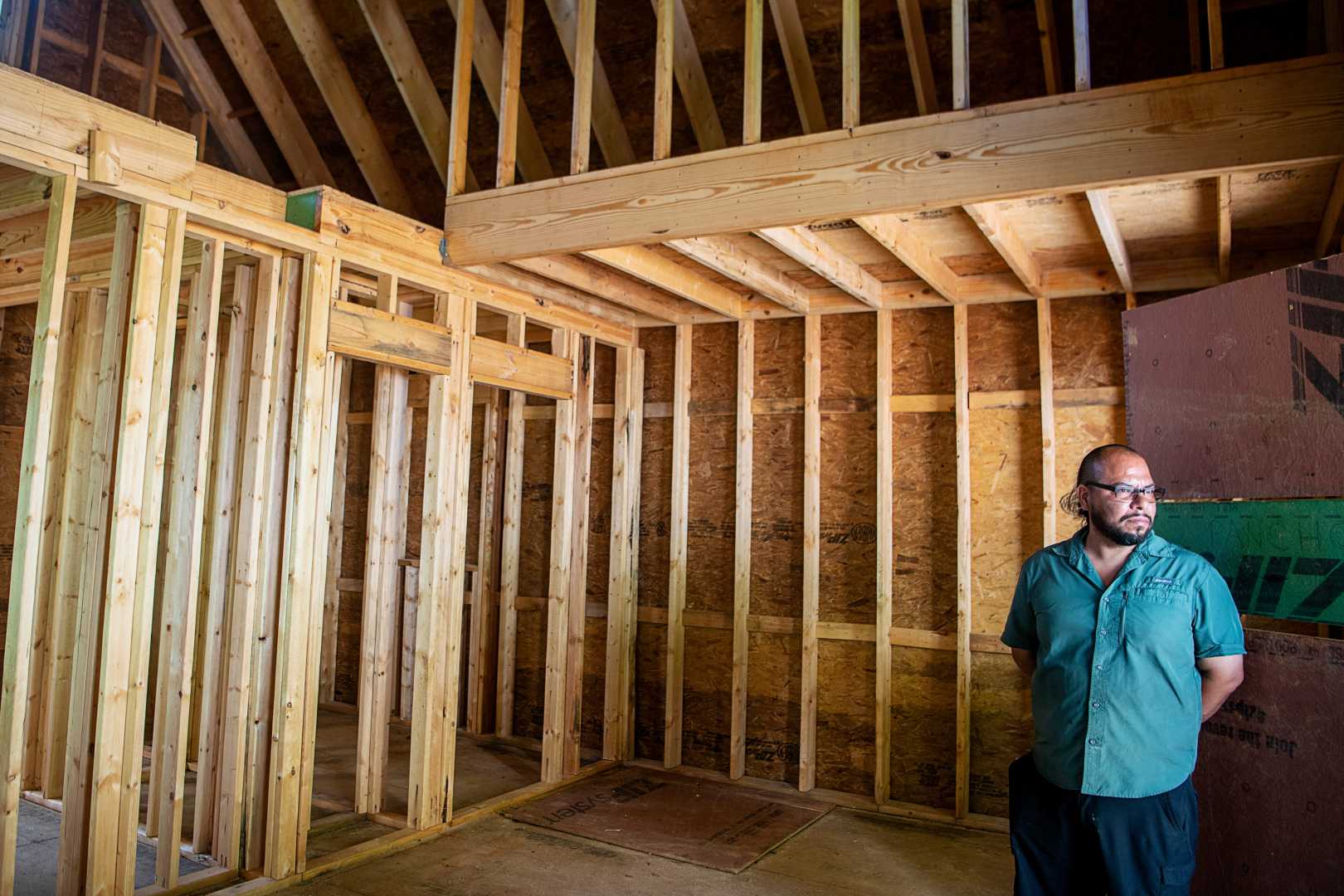News
Asheville Nonprofit Builds Affordable Housing Village After Tropical Storm Helene

ASHEVILLE, N.C. — Nonprofit BeLoved Asheville has purchased an 8-acre property in Swannanoa to build a new village of deeply affordable homes, responding to the housing crisis exacerbated by Tropical Storm Helene. The storm, which devastated Western North Carolina in September, left thousands displaced and damaged over 9,000 residential units in Buncombe County alone.
The $1.6 million property at 947 Patton Cove Road, acquired in December through community donations, will house BeLoved Village Swannanoa. The site, largely vacant except for a 5,500-square-foot warehouse, is located just south of Interstate 40 and near the Swannanoa River. Co-director Ponkho Bermejo described the project as “powerful” and a response to the needs of neighbors hardest hit by the storm.
“We know the faces of these people, we know the stories of these people, because they are our neighbors,” Bermejo said. The village aims to serve residents earning 30%-50% of the area median income, with plans for small two- to three-bedroom homes rather than the tiny homes built at their East Asheville location.
BeLoved Asheville has already delivered dozens of tiny homes as temporary shelters and repaired storm-damaged homes. Co-director Amy Cantrell emphasized the urgency of the project, noting the ongoing housing crisis and the need for hope amid trauma. “It feels really powerful and healing to begin to build homes again,” she said.
The nonprofit hopes to begin construction by spring, though no specific timeline has been set. The project reflects lessons learned from their East Asheville village, where 12 tiny homes are nearing completion. That initiative was inspired by the death of Janet Jones, a homeless woman who died of hypothermia in 2016.
BeLoved Asheville’s efforts have been supported by volunteers and community donations, with the new village expected to provide long-term solutions for families displaced by Helene. “Many families were affected by Helene, so we need to create a space related to the need we have seen on the ground,” Bermejo said.












